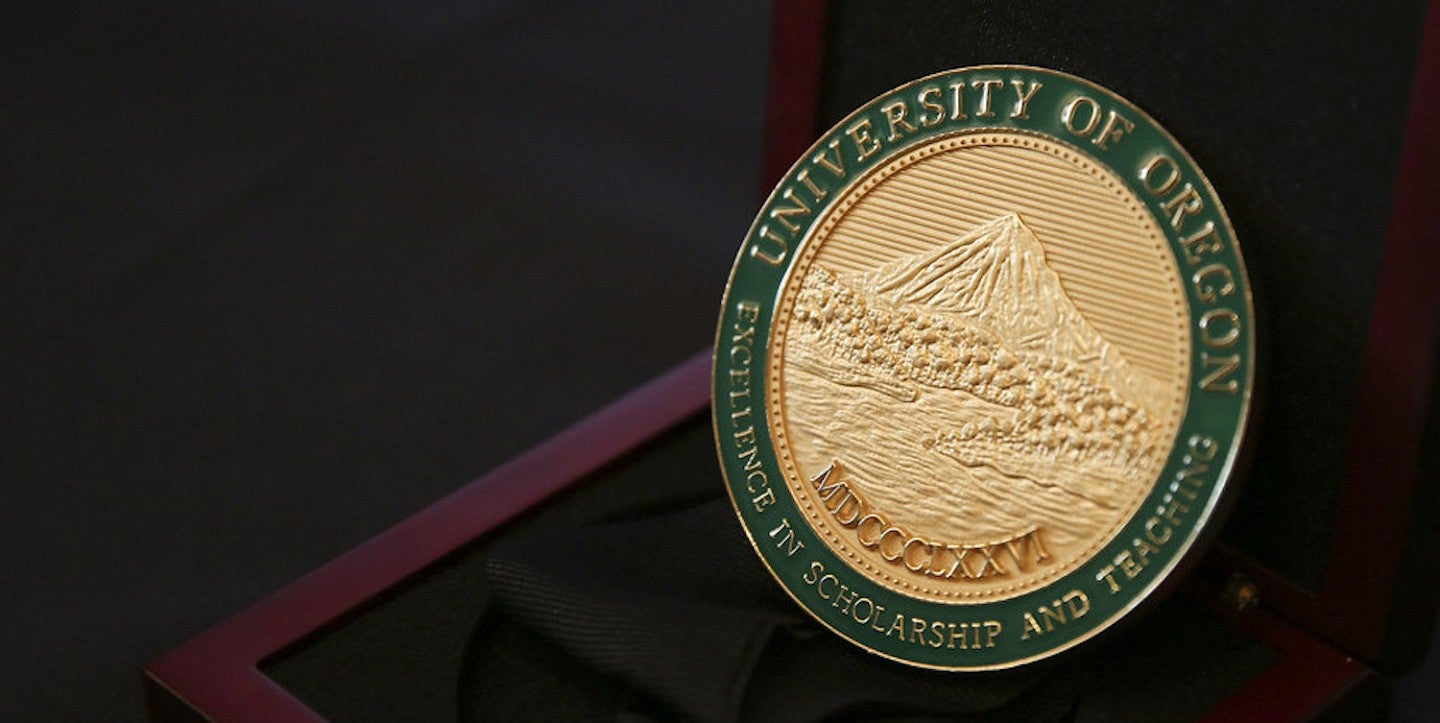
2021-22 Recipients
The Office of the Provost has selected 20 faculty members as the 2021-22 Fund for Faculty Excellence recipients.
The fund was established in 2006, thanks to generous gifts from Lorry I. Lokey. Since then more than 200 faculty members have received the awards, in recognition of their excellence in creative accomplishment, education, research, and scholarship.
The recipients of the Fund for Faculty Excellence not only achieved a high level of scholarship and contributions to their field but are key participants in developing and defining the academic mission of the university through service and daily work. Meet the 2021-22 recipients.
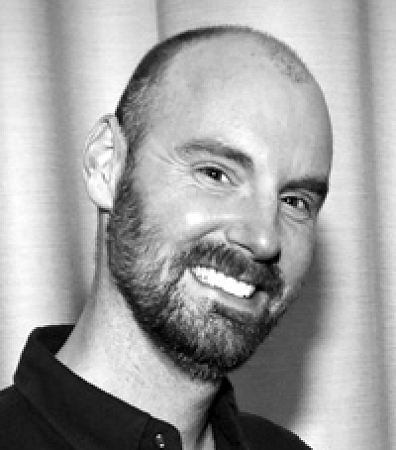
Michael Allan, Associate Professor, Comparative Literature
Allan’s research focuses on debates in world literature, postcolonial studies, as well as film and visual culture, primarily in Africa and the Middle East. In both his research and teaching, he bridges textual analysis with social theory, and draws from methods in anthropology, religion, queer theory, and area studies. He is the author of In the Shadow of World Literature: Sites of Reading in Colonial Egypt (Princeton 2016, Co-Winner of the MLA Prize for a First Book) and is at work on a second book, The Global Routes of Early Cinema, 1896-1903, which traces the transnational history of camera operators working for the Lumière Brothers film company. He is the editor of Comparative Literature and serves on the editorial boards of the Journal of World Literature, Syndicate Lit, and Philological Encounters.
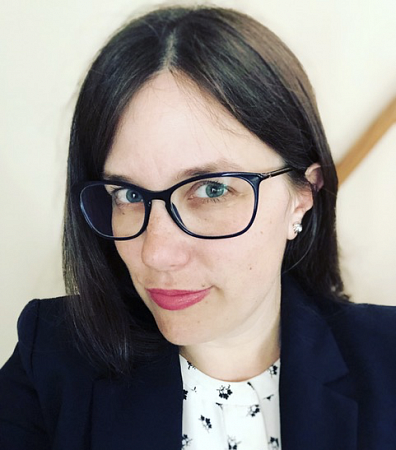
Melissa Baese-Berk, Associate Professor, Linguistics
In her research, Baese-Berk focuses on speech perception and production, with special attention to non-native speakers and listeners. Her work has specifically addressed sources of variation in production and how that variation influences listeners in perception. She has also worked extensively on how various aspects of the perception and production systems interact. The work in her lab focuses on a variety of projects in this domain and connected areas and is currently funded by multiple grants from the National Science Foundation, a grant from the Social Sciences and Humanities Research Council of Canada, a grant from the James S. McDonnell Foundation and by an Incubating Interdisciplinary Initiatives Award from the University of Oregon.
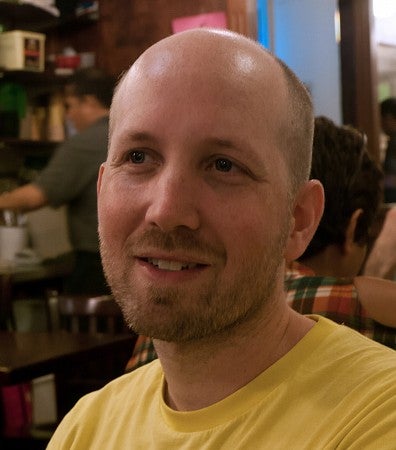
Eric Corwin, Associate Professor, Physics
Corwin specializes in the field of soft condensed matter. His lab examines complex behaviors resulting from simple interactions between materials, particles, and forces in physical systems. The driving question behind Corwin's work is to uncover the commonalities animating disordered systems. Major research areas involve the jamming and glass transitions and creating a new framework for understanding the extreme behaviors of diffusion.
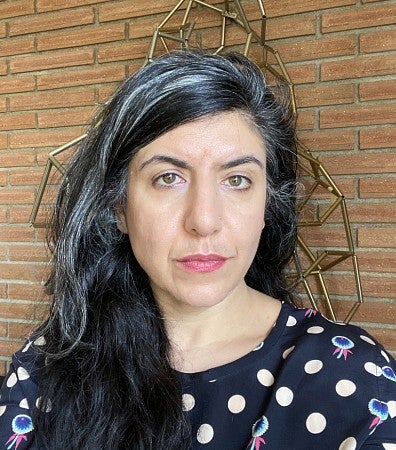
Tannaz Farsi, Professor, Art
Farsi’s configurations of objects and images address the complicated networks around the conception of memory, history, identity and geography. Drawing from cultural objects, feminist histories, and theories of displacement evidenced by long-standing colonialist and authoritarian interventions into daily life, her project-based works propose a different means of representation regarding non-western subjects and objects that obstruct singular and conventional means of identification. Her work has been exhibited at venues including SFAC Galleries, San Francisco; Portland Institute of Contemporary Art, Portland; Disjecta Contemporary Art Center, Portland; Pitzer College Art Galleries, Claremont; Tacoma Art Museum, Tacoma; the Urban Institute of Contemporary Art, Grand Rapids; Delaware Center for the Contemporary Arts, Wilmington; and The Sculpture Center, Cleveland.
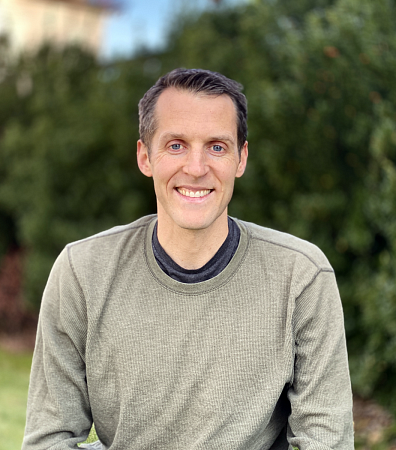
Mike Harms, Associate Professor, Chemistry and Biochemistry
Harms' lab aims to understand the relationship between the biophysical properties of proteins and their evolution, exploring how the physical properties of proteins shape their evolutionary trajectories, and whether evolutionary information can be used to understand the mechanisms of modern proteins. Recent publications include articles in eLife, Molecular Biology and Evolution, Genetics, and others. His research has potential future applications for a range of different societal problems related to protein evolution, including antibiotic and pesticide resistance and engineering more efficient enzymes for use in everything from food to drugs to laundry detergent.
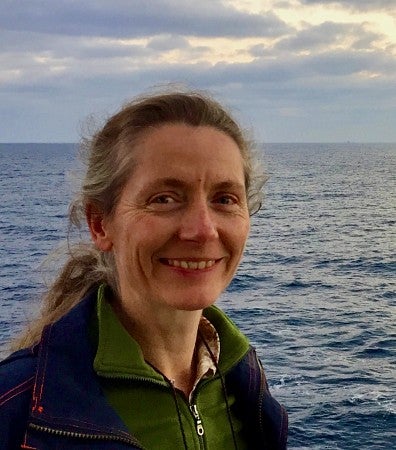
Emilie Hooft, Associate Professor, Earth Sciences
Hooft is a geophysicist studying the structure of the Cascadia subduction zone and how magma is transported from Earth’s mantle to the surface. She has led numerous field expeditions and her current research uses novel, dense geophysical data sets and inverse modeling on high performance computers. As Associate Department Head for Earth Sciences she helps run the curriculum and its revision. She is dedicated to engaging and mentoring diverse students and early career scientists in STEM.
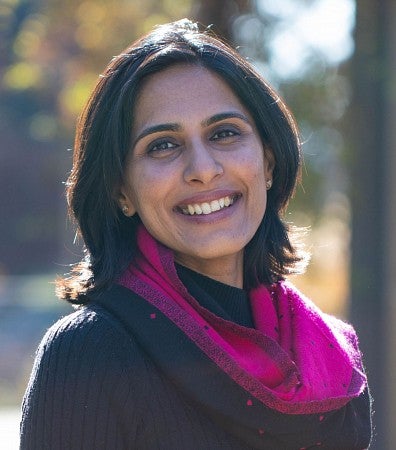
Atika Khurana, Associate Professor, Prevention Science
Khurana’s research takes a developmental-ecological approach to understanding and preventing maladaptive risk-taking during adolescence, including substance abuse and dependence, sexual risk-taking, aggression, and academic disengagement. Her recent work has focused on the development of self-regulation and its role in predicting adolescent risk behavior trajectories. Another strand of her research focuses on examining media and technology effects on adolescent health and risk behaviors, in the context of personality factors (e.g., impulsivity, sensation seeking) and parenting behaviors. She also has expertise in latent variable and multi-level modeling, mediation and moderation analysis, missing data and longitudinal data analysis. Khurana’s research has been funded by the National Institute on Drug Abuse, National Institute of Child Health and Human Development, and the Institute of Education Sciences, and featured on mainstream media outlets like National Public Radio.
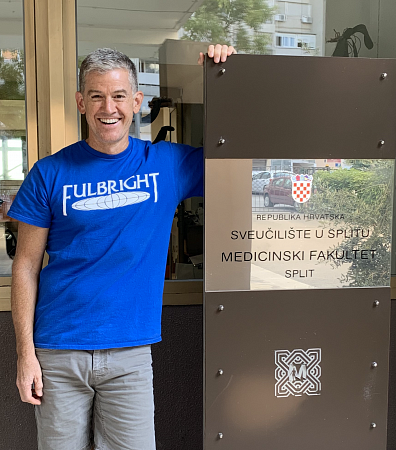
Andrew Lovering, Professor, Human Physiology
Lovering is an integrative physiologist who is interested in how extreme environmental conditions impact the human body. The extreme environments studied by his laboratory include high altitude, breath-hold and scuba diving, heat and cold, as well as space. He is also interested in understanding how the extreme conditions associated with preterm birth result in lifelong cardiopulmonary and respiratory consequences. He is currently a Fulbright Scholar working on diving studies in Croatia, altitude studies in Colorado and space studies in Germany. His Cardiopulmonary & Respiratory Physiology Laboratory, has been funded by the Department of Defense, NASA, the American Heart Association, the American Lung Association and the Partnership for Clean Competition.
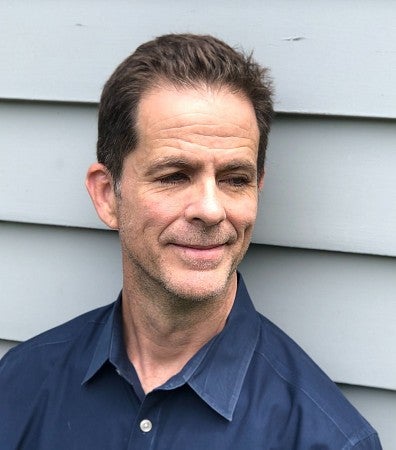
Joseph Lowndes, Professor, Political Science
Lowndes, a professor of political science, researches and publishes extensively on right-wing politics, race, populism, social movements, and US political development. His most recent book, with Daniel Martinez HoSang, Producers, Parasites, Patriots: Race and the New Right-Wing Politics of Precarity explores the complex racial politics of the contemporary U.S. right from the militia movement to the mainstream Republican Party. He is also the author of From the New Deal to the New Right: Race and the Southern Origins of Modern Conservatism, and co-editor of Race and American Political Development with Julie Novkov and Dorian Warren. He teaches courses in U.S. politics, US political thought, racial politics, interpretive methods, and political culture. He is very active in collaborations with local, regional, and national organizations on antiracist and pro-democratic initiatives. His research has appeared in The New York Times, The Washington Post, The New Yorker, The New Republic, The Baffler, Dissent, and Jacobin Magazine. He is a member of United Academics, AAUP/AFT local 3209.
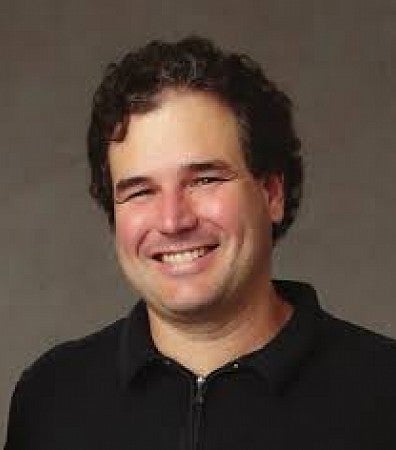
Bruce McGough, Professor, Economics
Bruce McGough’s research is in macroeconomics, with particular emphasis on the dynamic implications of bounded rationality. Bruce’s research has published in such journals as The Economic Journal, Journal of Monetary Economics, Journal of Money, Credit and Banking, Journal of Economic Dynamics and Control, Journal of Economic Behavior and Organization, and Macroeconomic Dynamics.
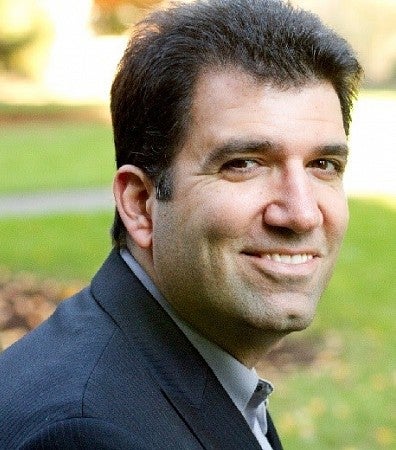
Michael Malek Najjar, Associate Professor, Theatre Arts
Najjar’s research focuses on contemporary Arab American and Middle Eastern American theatre and performance. He is an alumnus of the British/American Drama Academy, Lincoln Center Director’s Lab, Director’s Lab West, and RAWI Screenwriters’ Lab, Jordan. He authored Middle Eastern American Theatre: Communities, Cultures and Creators and Arab American Drama, Film and Performance: A Critical Study, 1908 to the Present and edited Heather Raffo’s Iraq Plays: The Things That Can’t Be Said, The Selected Works of Yussef El Guindi, and Four Arab American Plays: Works by Leila Buck, Jamil Khoury, Yussef El Guindi, and Lameece Issaq & Jacob Kader. He is also co-editor of Six Plays of the Israeli-Palestinian Conflict with Jamil Khoury and Corey Pond. He directed Scenes from 71* Years for Golden Thread Productions, Precious Stones with Silk Road Rising, and co-directed Zafira and the Resistance for New Arab American Theatre Works at the Guthrie Theatre.
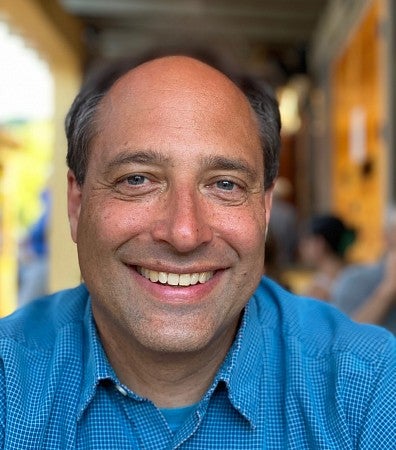
Cristopher Niell, Associate Professor, Biology
Niell is a neuroscientist whose research is focused on understanding how the visual system performs the computations underlying our perception of the natural world, and how this enables different types of behaviors. His lab at the University of Oregon is pursuing this in three main branches of research: visual processing and brain states; natural visual behavior; and neural circuits for vision in the octopus. His lab also develops novel approaches to measure brain activity using both electrical and optical techniques. Recent publications include articles in eLife, Trends in Neurosciences, and Current Biology.
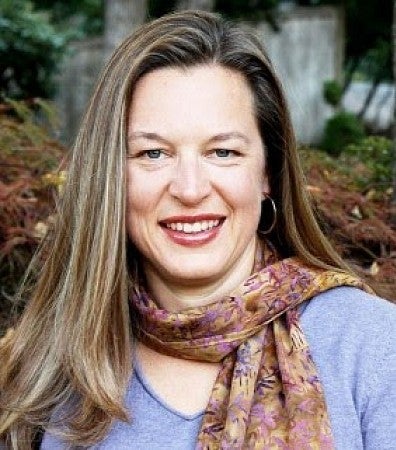
C.J. Pascoe, Associate Professor, Sociology
Pascoe’s current research focuses on masculinity, youth, homophobia, sexuality and new media. Her book, Dude, You’re a Fag: Masculinity and Sexuality in High School, won the American Educational Research Association’s 2007 Book of the Year Award as well as an honorable mention for the American Sociological Association’s Section on Sex and Gender’s Distinguished Book Award. Along with her co-researchers and under the guidance of Mimi Ito, Pascoe co-authored Hanging Out, Messing Around and Geeking Out: Living and Learning with New Media, the largest qualitative study of youth new media use to date. Pascoe’s research has been featured in the New York Times, The Wall Street Journal, The Toronto Globe and Mail, American Sexuality Magazine and Inside Higher Ed. She has appeared in the Frontline documentary Growing Up Online as well as on National Public Radio’s All Things Considered
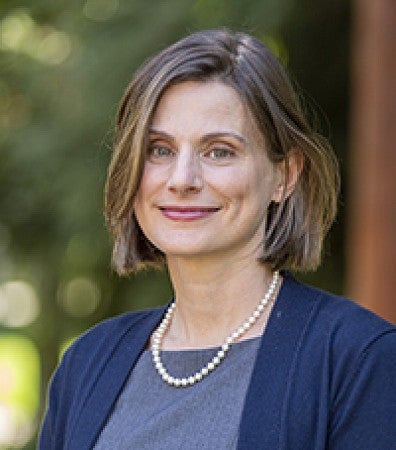
Jennifer Reynolds, Associate Professor, Law
Reynolds teaches civil procedure, conflict of laws, negotiation, and dispute systems design. Her research interests include media and social media impacts on public disputes, problem-solving in multiparty scenarios, plea bargaining and specialty courts, and cultural influences and implications of alternative processes. She is the Faculty Research and Programs for the law school and also the Faculty Director of the nationally ranked Oregon ADR Center. She has served in numerous national roles with the ADR Section of the Association of American Law Schools and the American Bar Association Dispute Resolution Section.

John Seeley, Professor, Special Education and Clinical Sciences
Seeley’s research interests include emotional and behavioral disorders, school-based mental health intervention, suicide prevention, and implementation science. He is especially interested in school-based screening, prevention, and treatment for internalizing and externalizing psychopathology. He serves as the principal investigator of a 4-year collaborative multisite study funded by the National Institute of Mental Health to evaluate adaptive treatment strategies for college students with moderate to severe suicidal ideation delivered through the university counseling center. Since 2016, Seeley has served as an appointed member of the Oregon Alliance to Prevent Suicide and he directs the evaluation activities for the implementation of suicide prevention initiatives funded by the Oregon Health Authority. In addition to his teaching and mentoring within the special education and prevention science graduate programs, he serves as the Associate Dean for Research for the College of Education.
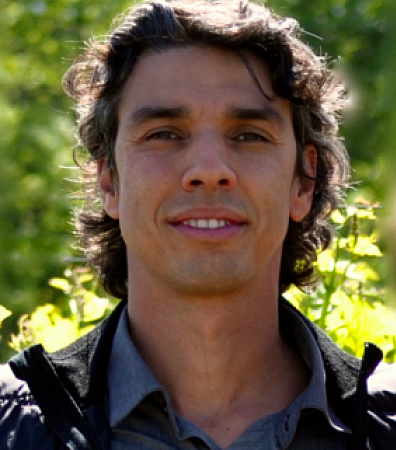
Lucas Silva, Associate Professor, Environmental Studies
Silva is an interdisciplinary environmental scientist who focuses on soil-plant-atmosphere interactions that shape socioecological systems. His current projects combine theory and experimentation to enhance climate change mitigation and adaptation efforts in natural and human-engineered landscapes. Silva encourages strong collaboration across disciplines in the environmental field to solve challenges for sustainability including new approaches for improving carbon sequestration, drought stress adaptation, and wildfire risk mitigation
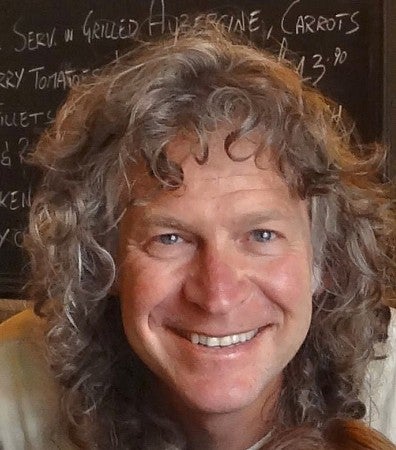
Richard Taylor, Professor, Physics
Taylor adopts an interdisciplinary approach to studying natural patterns called fractals. He focuses on bioinspiration - exploring the favorable properties that make fractals so prevalent in nature and applying them to artificial systems. He has studied fractals in physics, psychology, physiology, geography, architecture and art and encourages collaborations between the arts and sciences and to promote public awareness of science. His work has been featured in TV documentaries, including The Art of Science (ABC, 1998), Hunting the Hidden Dimension (PBS, 2008) and The Code (BBC, 2011) and in articles in The New York Times, The London Times, Scientific American, Time, The New Yorker, New Scientist, and Discover magazines. He has lectured at the Nobel Foundation, the White House, the Royal Society, and the Guggenheim Museum.
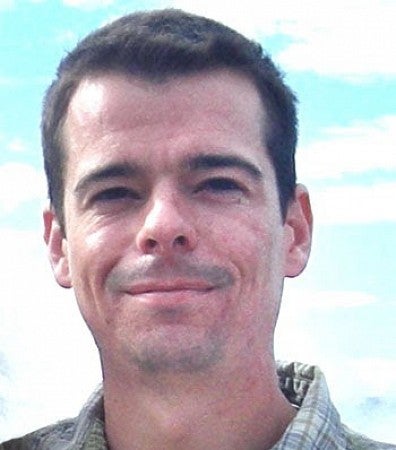
Nash Unsworth, Professor, Psychology
Unsworth’s research focuses on working memory, attention control, long-term memory and individual differences in those processes. In particular, his work focuses on how individuals rely on attention to actively maintain information over the short term and how they retrieve information from long-term memory when that information could not be maintained. A major focus of his lab’s research is to examine individual differences in these processes and to determine how they are related to higher-order cognitive processes such as intelligence and reasoning.
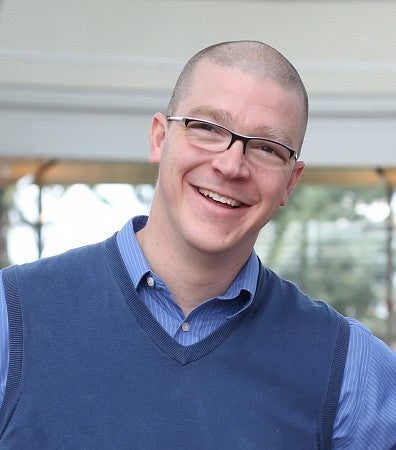
Kevin Van Den Wymelenberg, Professor, Architecture
Van Den Wymelenberg’s work seeks to facilitate integration amongst a broad network of researchers and practitioners on issues concerning health, comfort, and sustainability in the human ecosystem in order to support human, community and planetary health. He founded the Institute for Health in the Built Environment and directs Biology and the Built Environment Center and the Energy Studies in Buildings Laboratory in Portland and Eugene. Van Den Wymelenberg has consulted on several hundred new construction and major renovation projects with architects and engineers and several of these projects have been recognized with AIA’s Committee on the Environment Top 10 Awards. He has been invited to speak at the National Academy of Sciences Engineering and Medicine, the US House of Representatives, and many scientific and design conferences. Van Den Wymelenberg has authored over 100 articles related to building design, operation and performance.
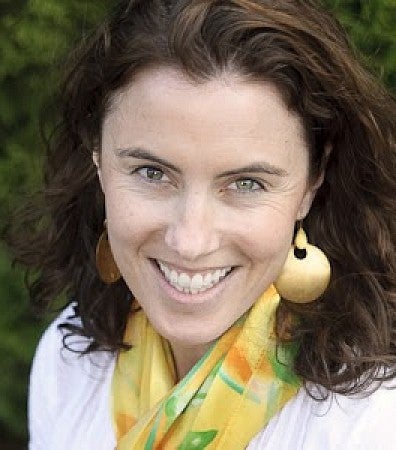
Maureen Zalewski, Associate Professor, Psychology
Zalewski studies the various pathways by which child development is impacted by having a parent who struggles with mental health issues. Her work has included studies of parents who struggle with borderline personality disorder, substance use, suicide, and emotion dysregulation. Her work is funded by the National Institute of Mental Health. Zalewski is a licensed clinical psychologist and formally trained in Dialectical Behavior Therapy (DBT), an evidence-based approach to treating individuals with Borderline Personality Disorder (BPD) and other disorders involving high emotional dysregulation. She trains doctoral students in this model in the psychology training clinic. She has been awarded numerous early career awards, including from the Society for Research in Child Development, the Association for Psychological Science, and received the inaugural Pennsylvania State University Outstanding Early Career Alumni Award.
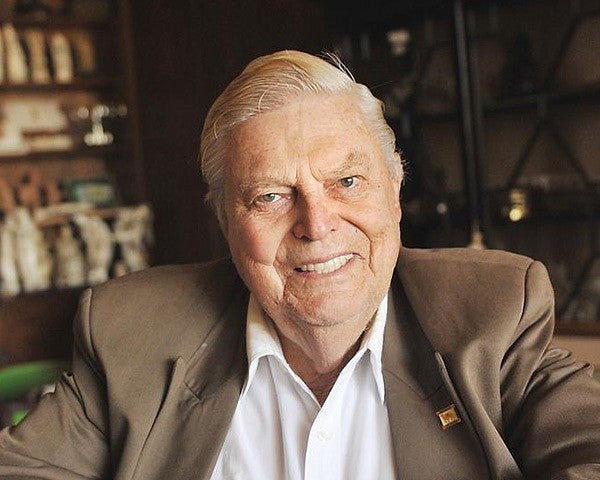
Lorry I. Lokey
The Fund for Faculty Excellence is one of the UO awards programs that is made possible by Mr. Lokey’s support. Established in 2006, the Fund for Faculty Excellence is designed to support the university’s strategic commitment to improve academic quality by rewarding faculty members for their creative work in research and scholarship.
